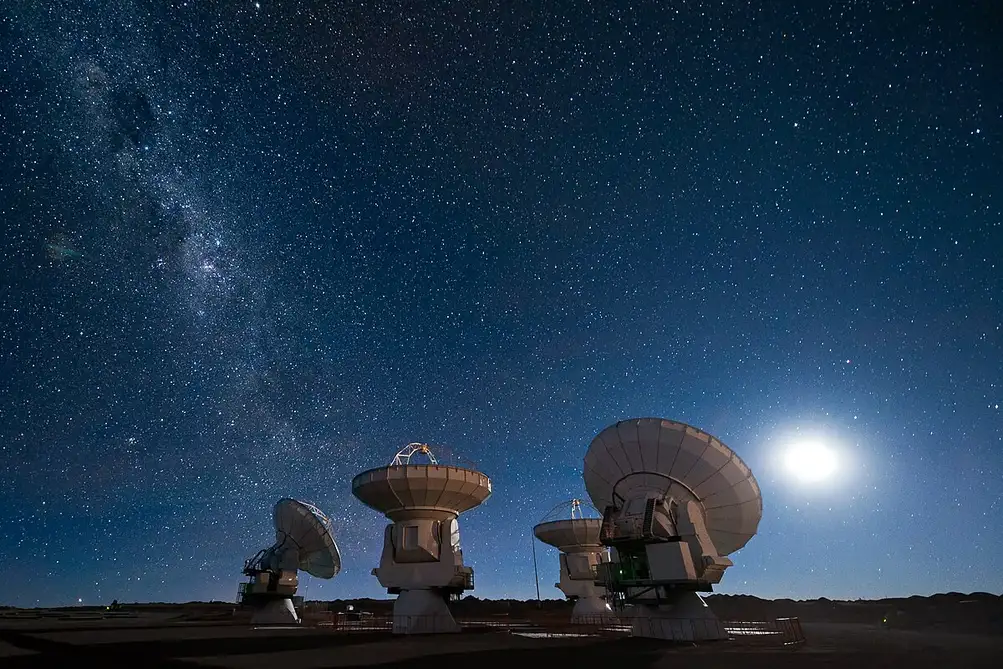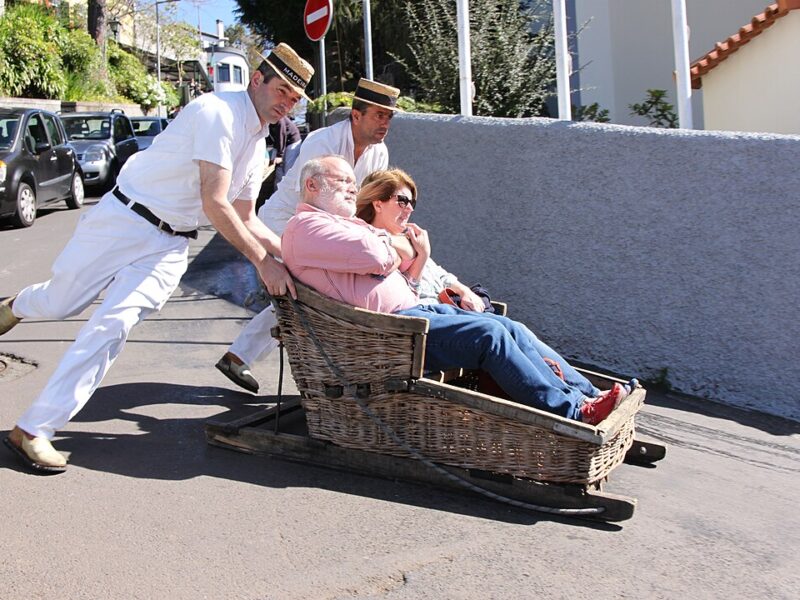New Scientist, a British magazine known for publishing stories that explore big scientific and societal questions, launched its Discovery Tours program nine years ago as a way for readers to explore destinations through a scientific lens, guided by experts in fields like geology, marine biology, astronomy and archaeology.
“It was soft launched in 2015 by the editorial team here. I think they wanted a free holiday, but it turned out to be a really, really good idea,” said Kevin Currie, Director of New Scientist Discovery Tours.
“For a number of years, they would just be running four or five tours off the side of their desks with their passions for science and we’ve now grown this since the pandemic quite significantly.”
With the opening of a New York office, New Scientist Discovery Tours is focusing on attracting more North American participants. Currie points out that “North America accounts for about half of our online visitors, and we’re working to turn those readers into travellers.”
Canadian travellers are increasingly interested in purposeful, experience-driven travel, aligning well with the tours’ emphasis on education and sustainability. From conservation efforts to celestial phenomena, these tours are designed for travellers who want to delve deeper into the destinations they visit.
“You don’t need a scientific background to enjoy these tours. A curiosity about the world and a willingness to learn is all that’s needed,” said Currie.
Here is a sampling of some of the more interesting tours they have coming up:
Marine life and conservation in the Azores
The Azores, described as the “Hawaii of the North Atlantic,” are a key destination for whale watching. This tour not only showcases marine biodiversity but also explores how former whaling infrastructure has been transformed into tools for eco-tourism. Travellers visit volcanic landscapes, marine research facilities and local communities, gaining a deeper understanding of conservation efforts.
Astronomy in Greenland and Spain
For those interested in celestial phenomena, the tours include opportunities to witness rare astronomical events. In 2026, travellers can observe a total solar eclipse from Greenland or a vineyard in Spain. Both tours feature expert guides like Jamie Carter, a noted eclipse researcher, who provide context and understanding of these phenomena.
Volcanology and geology in Iceland
Iceland’s stark landscapes offer insights into the power of geological forces. On this tour, volcanologists explain the science behind the region’s dramatic features, such as glaciers, volcanic craters, and lava fields. Currie recalls: “One of the most memorable experiences was seeing a volcanic landscape come to life through the eyes of an expert. It transformed what seemed like barren terrain into a vibrant story of Earth’s evolution.”
Archaeology and Ancient Civilizations
For history enthusiasts, tours on human origins provide a fascinating look at ancient cultures. Trips led by archaeologists like Dr. Rebecca Wragg Sykes dive into themes such as Neanderthal life and early human innovation. These tours combine archaeological sites with expert commentary, offering a comprehensive view of the past.
A defining feature of New Scientist Discovery Tours is their commitment to sustainability. Tours avoid all-inclusive resorts and instead promote local businesses and communities. They also collaborate with local experts and research institutions, ensuring the tours contribute positively to the destinations they visit.
For example, the Azores tour partners with a whale-watching company that adheres to strict guidelines to protect marine life. “We ensure sustainable practices, from maintaining safe distances from whales to supporting research through data collection,” explained Marine biologist Dr. Russell Arnott, one of the experts on the tour.
Whether you’re exploring Iceland’s volcanic landscapes or observing marine life in the Azores, these tours offer a unique way to connect with the natural and scientific world.
To find out more, visit https://www.newscientist.com/tours/.


